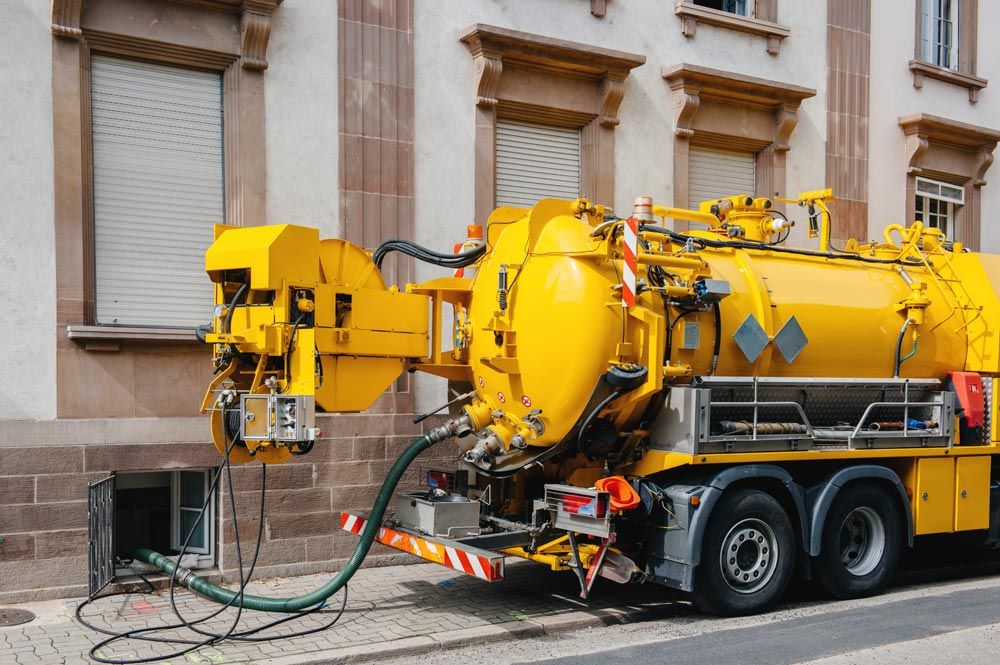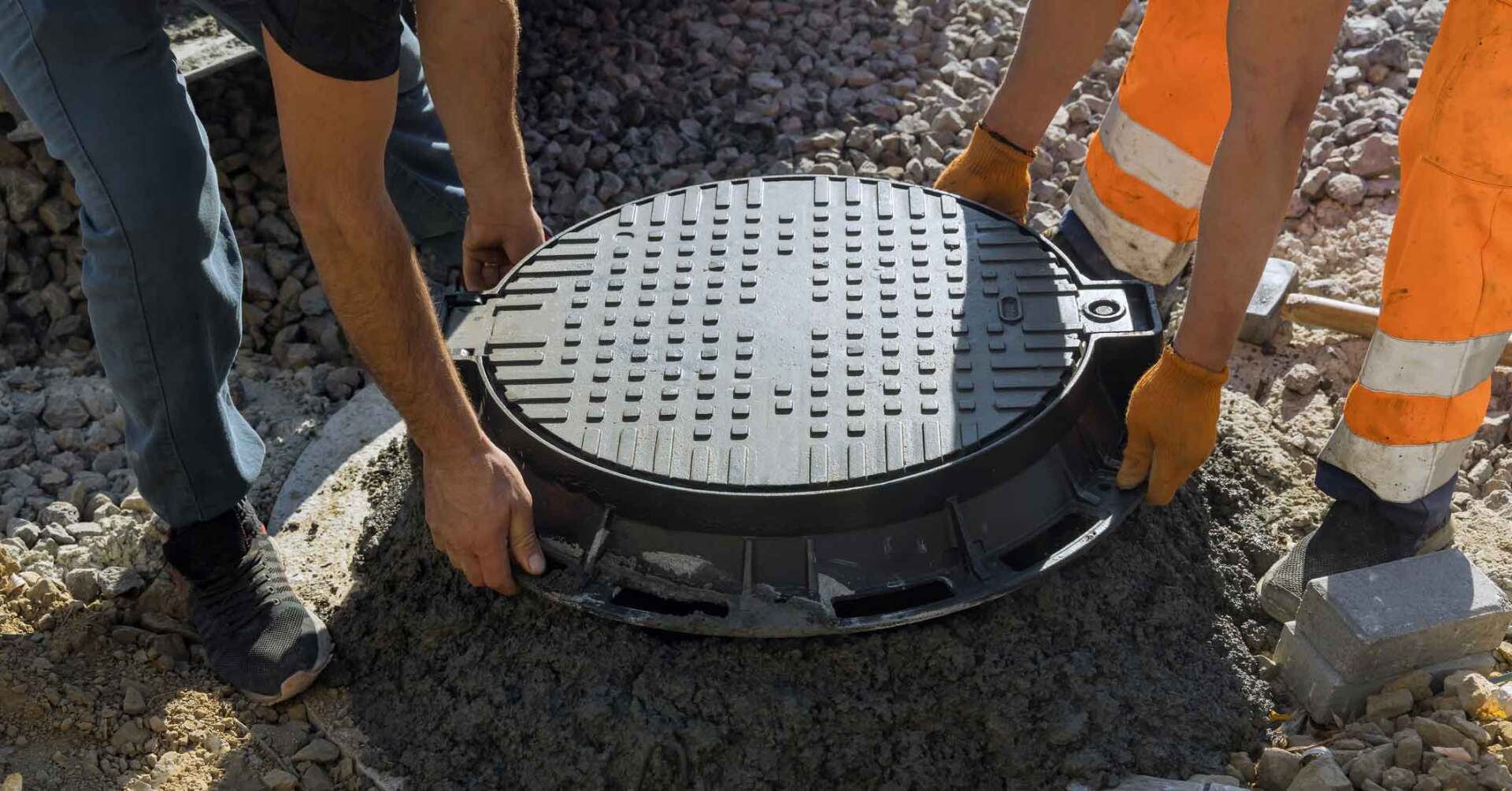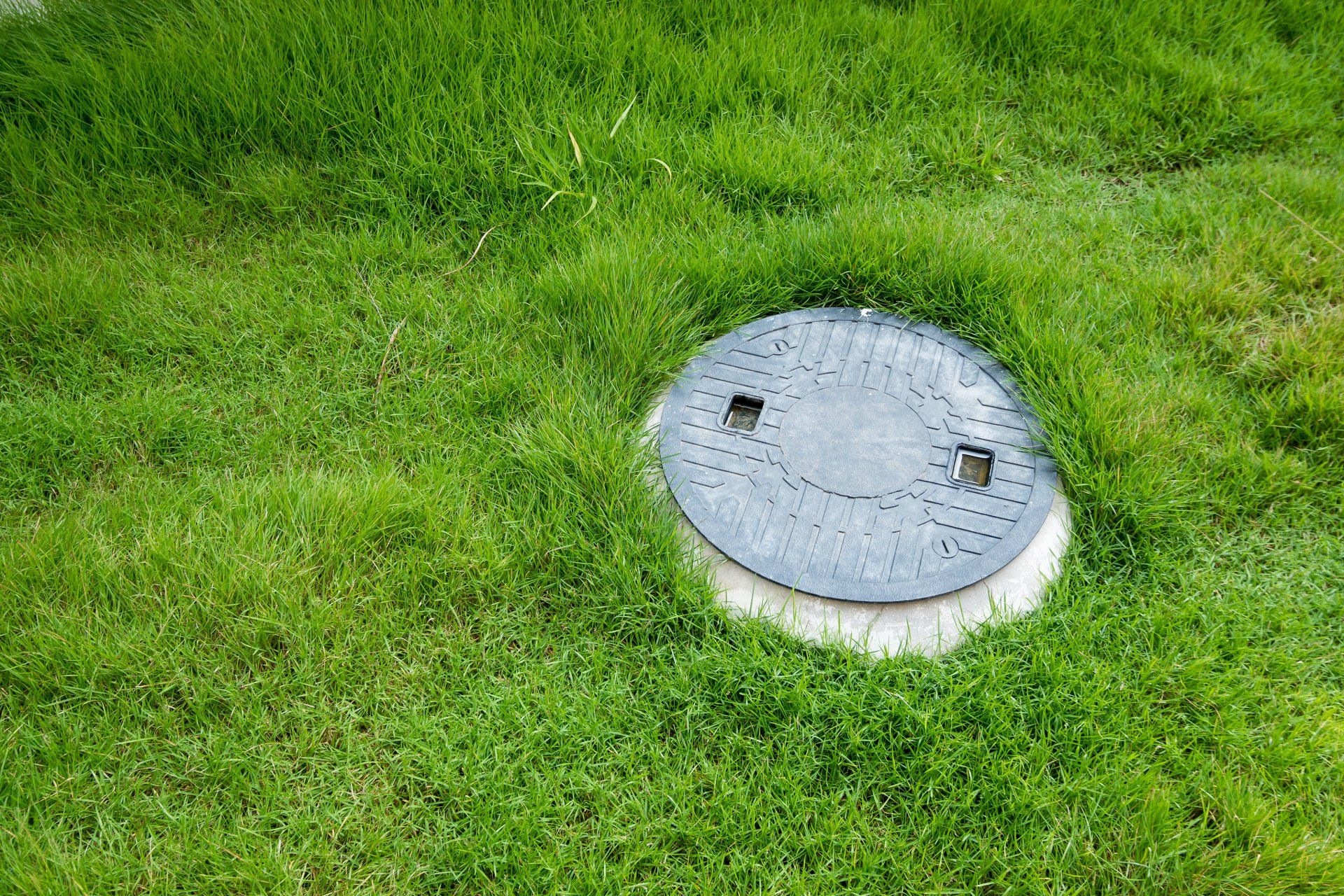Clogged grease traps can be costly. Not only do repairs increase your out-of-pocket expenses, but they can also halt your business operations for hours or even days. Regular maintenance is crucial to avoid financial and occupational health implications of overflowing grease traps in your commercial kitchen.
Here's what you need to know about grease traps, including common problems and maintenance procedures that will keep the traps in good shape.
Grease Trap Basics
Grease traps are receptacles installed between your kitchen's sanitary sewer lines and drain lines. They collect and separate fats, oil, and grease (FOG), preventing these waste materials from mixing with the sewer water.
The traps work by reducing the flow of wastewater from the kitchen to enable it to cool. Once the wastewater cools to room temperature, FOG floats to the top of the grease trap. When the grease trap is clogged, FOG goes down the sewer line, which can compromise the efficiency of your septic tank.
Common Grease Trap Problems
Several problems can affect the proper functioning of your kitchen's grease trap. A clogged crossover pipe is arguably the most common cause of an inefficient grease trap. When FOG accumulates in the crossover pipe between the primary and secondary separation compartments, an imbalance in the liquid levels could cause grease to flow into the sewer system.
A blocked incoming pipe can also cause the grease trap to back up, which could be indicative of a blocked sink branch that needs your attention. At the same time, a clog in the outgoing line can result in an overflow in the grease trap. Failing to dispose of wastewater on cycle is the leading cause of an overflowing grease trap.
When you leave the grease trap too long in the primary compartment, it could fill up and spill into the secondary compartment. The results will be a blockage in the crossover pipe as well as in the incoming and outgoing pipes.
Impact on Your Business
Grease traps can clog your business. Accumulation of FOG in the grease trap can present several occupational health problems. For starters, a clogged grease trap can be a source of nasty odors that can make it difficult for employees to work in the kitchen. Similarly, foul smells in a restaurant are offputting to customers.
Excessive grease in the receptacles can cause a fire. Such hazards can expose your business to costly lawsuits and endanger the lives of your customers and employees.
Local authorities require commercial kitchens to maintain their grease traps regularly. Failure to abide by plumbing and wastewater management ordinances could see you paying fines that may impact your business's bottom line.
If you have installed a septic tank in your restaurant, problems with the grease trap can affect the tank's efficiency, causing you to take away money from your business to spend it on repairs. A professional plumbing service can help with grease trap maintenance to avoid municipal fines and preventable occupational hazards.
Grease Trap Maintenance
In addition to regular professional maintenance, good kitchen practices can help keep your grease traps in an excellent condition. For a start, avoid pouring cooking oil and throwing food scraps into the sinks, avoid thawing frozen food using running water, and use dishwashers only on a full load.
Also, instead of using caustic soda to clean drains, use breaking detergents to emulsify FOG for easy separation of these materials in the grease trap. Train and remind your staff often because their daily kitchen practices directly contribute to the efficiency of the restaurant's entire plumbing and sewer system.
From halted business operations to possible class-action lawsuits and fines, the costs of neglecting your grease traps can add up quickly.
Speak to
The Nibbler Company today for expert advice on how you can save money with grease trap maintenance and efficient wastewater treatment systems in Maple Valley, WA, and the King County region at large.






